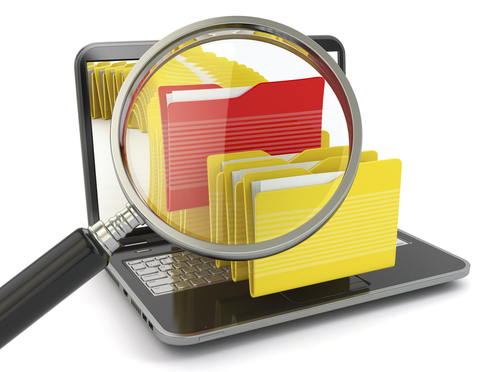According to one survey, more than 99 percent of the world’s information is now generated electronically. However, what most lawyers fail to recognize is that not all of that information is necessarily in the form of emails and computer files. Indeed, as society continues to abandon the quaintness of traditional paper records and becomes ever more reliant on digital technology, it is imperative that in-house counsel recognize the implications of looking for electronically stored information in places other than just email. More particularly, giving consideration to the many places in which metadata can hide in the modern world can greatly enhance your company’s chances of success in litigation, while at the same time helping to minimize the growing costs of e-discovery.
As the two examples we included below demonstrate, the discovery paradigm is no longer limited to the traditional approach of spending exorbitant amounts of time and money requesting and reviewing thousands of useless emails in search of the one smoking gun. Rather, the search for valuable metadata, and the ability to use it effectively in practice, require imagination, experience and skill well-beyond the typical “data dump” of searching through emails.
This content has been archived. It is available through our partners, LexisNexis® and Bloomberg Law.
To view this content, please continue to their sites.
Not a Lexis Subscriber?
Subscribe Now
Not a Bloomberg Law Subscriber?
Subscribe Now
LexisNexis® and Bloomberg Law are third party online distributors of the broad collection of current and archived versions of ALM's legal news publications. LexisNexis® and Bloomberg Law customers are able to access and use ALM's content, including content from the National Law Journal, The American Lawyer, Legaltech News, The New York Law Journal, and Corporate Counsel, as well as other sources of legal information.
For questions call 1-877-256-2472 or contact us at [email protected]






